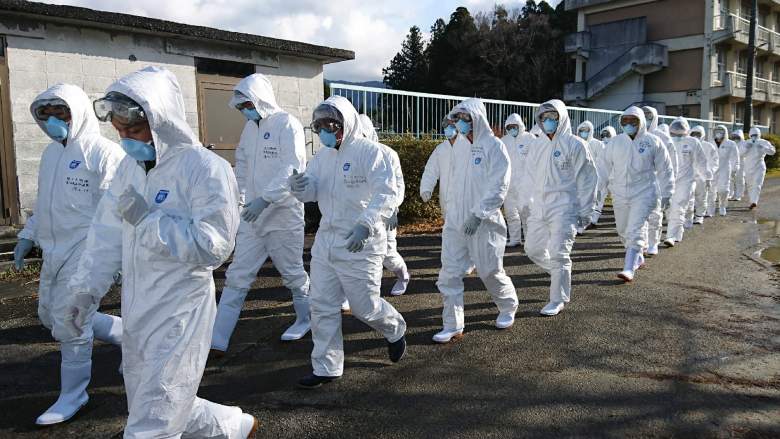
Getty Images Norovirus
No one is immune to Norovirus. Not even seemingly superhuman Olympians, the greatest athletes in the world who are undoubtedly in the prime of their health and peak physical condition. The unlikely foe that no one was expecting is a deadly form of viral gastroenteritis known as Norovirus, and it is spreading like crazy.
There have been nearly 200 confirmed cases of Norovirus, and that number shows no signs of slowing, despite South Korea’s extensive efforts to combat the spread of the virus. How has Norovirus affected the games? What are the signs and symptoms? And, above all, what should you do if you believe you have contracted Norovirus? This article will help you familiarize yourself with how Norovirus is affecting the Olympic games, and what it means for all of us as everyday citizens.
What Is Norovirus?
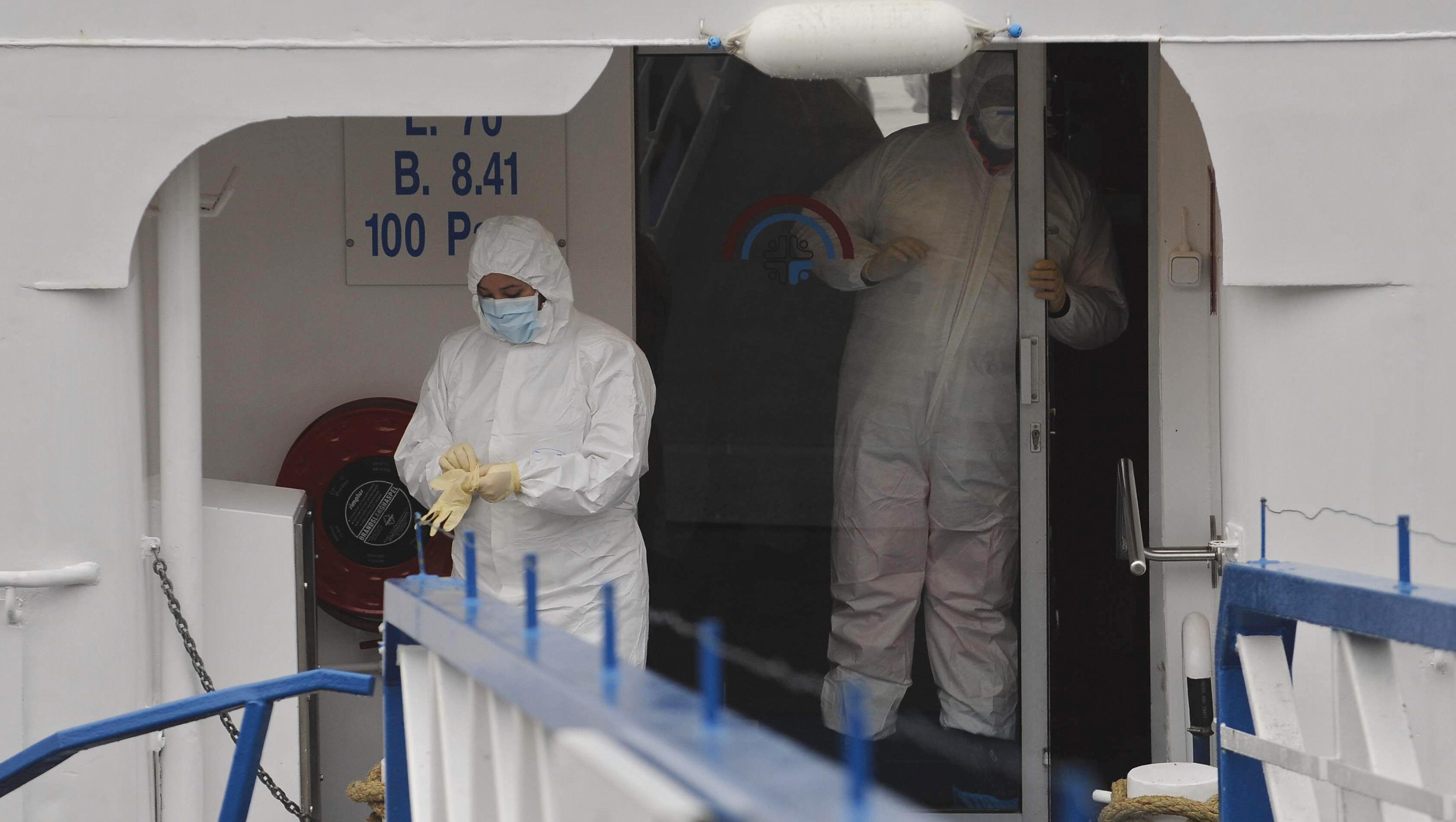
Getty ImagesNorovirus
The WHO defines Norovirus as follows:
“Gastrointestinal disease
Most of the detected gastrointestinal disease outbreaks associated with cruise ships have been linked to food or water consumed on board. Factors that have contributed to outbreaks include contaminated bunkered water, inadequate disinfection of water, potable water contaminated by sewage on ship, poor design and construction of storage tanks for potable water, deficiencies in food handling, preparation and cooking, and use of seawater in the galley. Norovirus is the most common pathogen implicated in outbreaks. Symptoms often start with sudden onset of vomiting and/or diarrhoea. There may be fever, abdominal cramps and malaise. The virus can spread in food or water or from person to person; it is highly infectious and in an outbreak on a cruise ship, more than 80% of the passengers can be affected. To prevent or reduce outbreaks of gastroenteritis caused by norovirus, ships are enhancing food and water sanitation measures and disinfection of surfaces; more ships are providing hand gel dispensers at strategic locations throughout the ship and passengers and crew are urged to use them. Some cruise companies ask that those who present with gastrointestinal symptoms at on-board medical centres be put into isolation until at least 24 h after their last symptoms, and some ships also isolate asymptomatic contacts for 24 h.”
Please note that the above quote discusses Norovirus in the context of traveling, particularly on a cruise ship, but the symptoms and modes of infection are accurate under any circumstances.
In other words, Norovirus is incredibly contagious, can cause fever, vomiting, diarrhea, and, if untreated, severe dehydration. Norovirus is an Olympian’s worst nightmare, and unfortunately, for many athletes, that nightmare is becoming a reality. In fact, it is so contagious that under certain circumstances, those infected with Norovirus are quarantined.
How Many Athletes Have Fallen Ill?
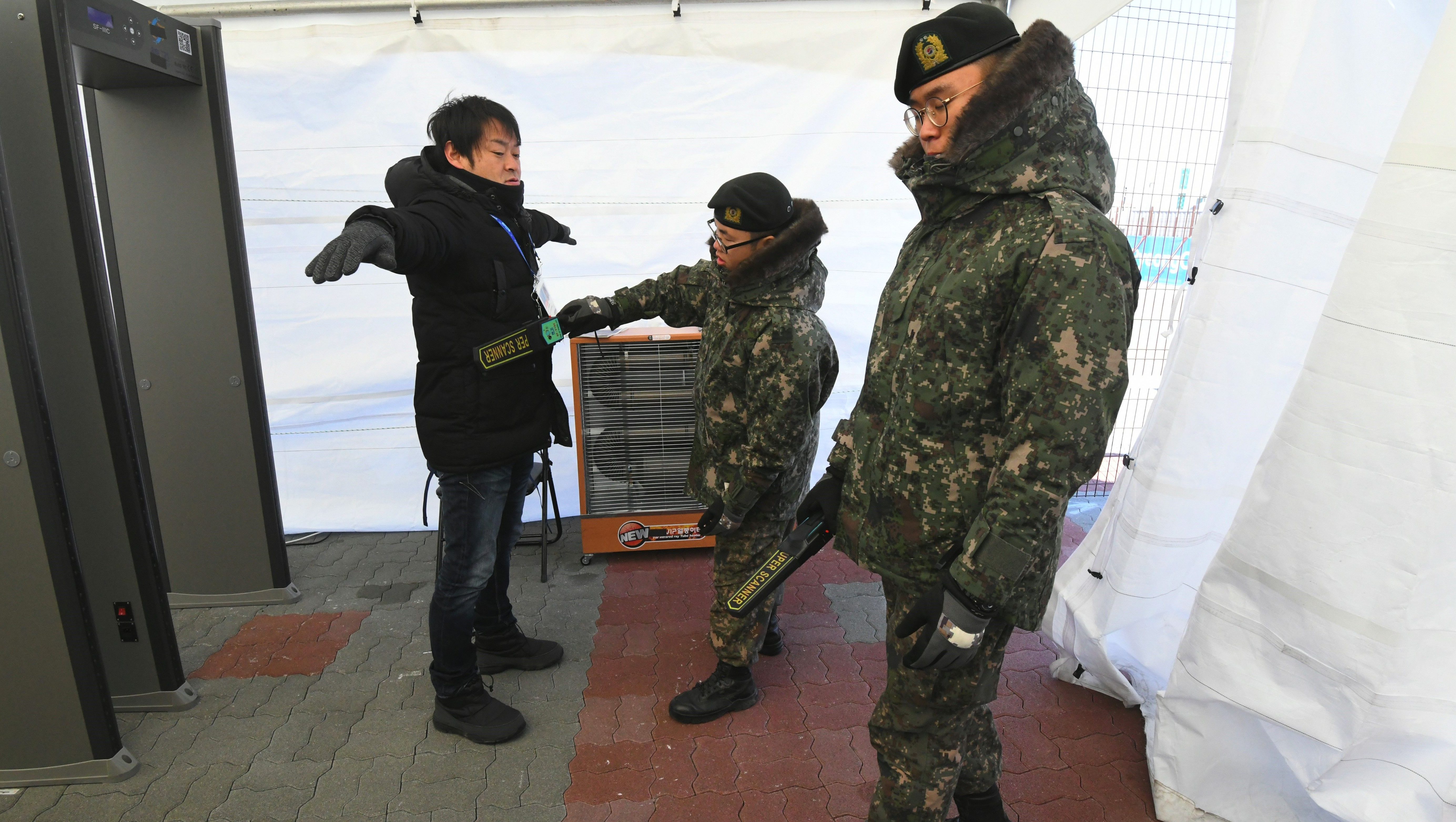
Getty ImagesNorovirus
The number of Olympic athletes who have fallen ill with Norovirus has increased exponentially. At last count, there were 158 confirmed cases in Pyeongchang, nearly doubling from last week’s total. The thought of devoting one’s entire personal and professional life, dreams and ambition to one major event – the Olympics – and to have those hopes of competing dashed due to illness is beyond heartbreaking, and it is a devastating reality that 158 athletes (a number that continues to steadily grow) are now confronting.
Backing up to last week, on February 9, Time published an article on the spread of the virus. “So far, no athletes have been affected by the highly contagious virus, which can cause vomiting and diarrhea. Norovirus hit PyeongChang days before the 2018 Winter Olympics began, with 32 cases reported on Tuesday.” Two days later, “the number of people affected by Norovirus at the PyeongChang Winter Olympics has more than doubled in just two days, reaching a total of 86, according to the Korean Centers for Disease Control and Prevention (KCDC).”
The most recent number of confirmed cases stands at 177, a 30% increase from last week, reports Fox News. Disturbingly, that means that the spread of the virus is showing no signs of slowing down whatsoever, and is creeping ever closer to 200 confirmed cases.
Norovirus is a worldwide problem and is in no way limited to South Korea. As NPR reports, “the U.S. Centers for Disease Control and Prevention explains norovirus is highly contagious, often spread through physical contact or contaminated food. It is behind some 685 million suspected cases worldwide per year, and though it poses mortal danger to only a very small percentage of the population, it is nevertheless a highly unpleasant and dehydrating illness — one that would likely prove fatal to the medal aspirations of an infected Olympian, at least.”
What Impact Has Norovirus Had on the Games?
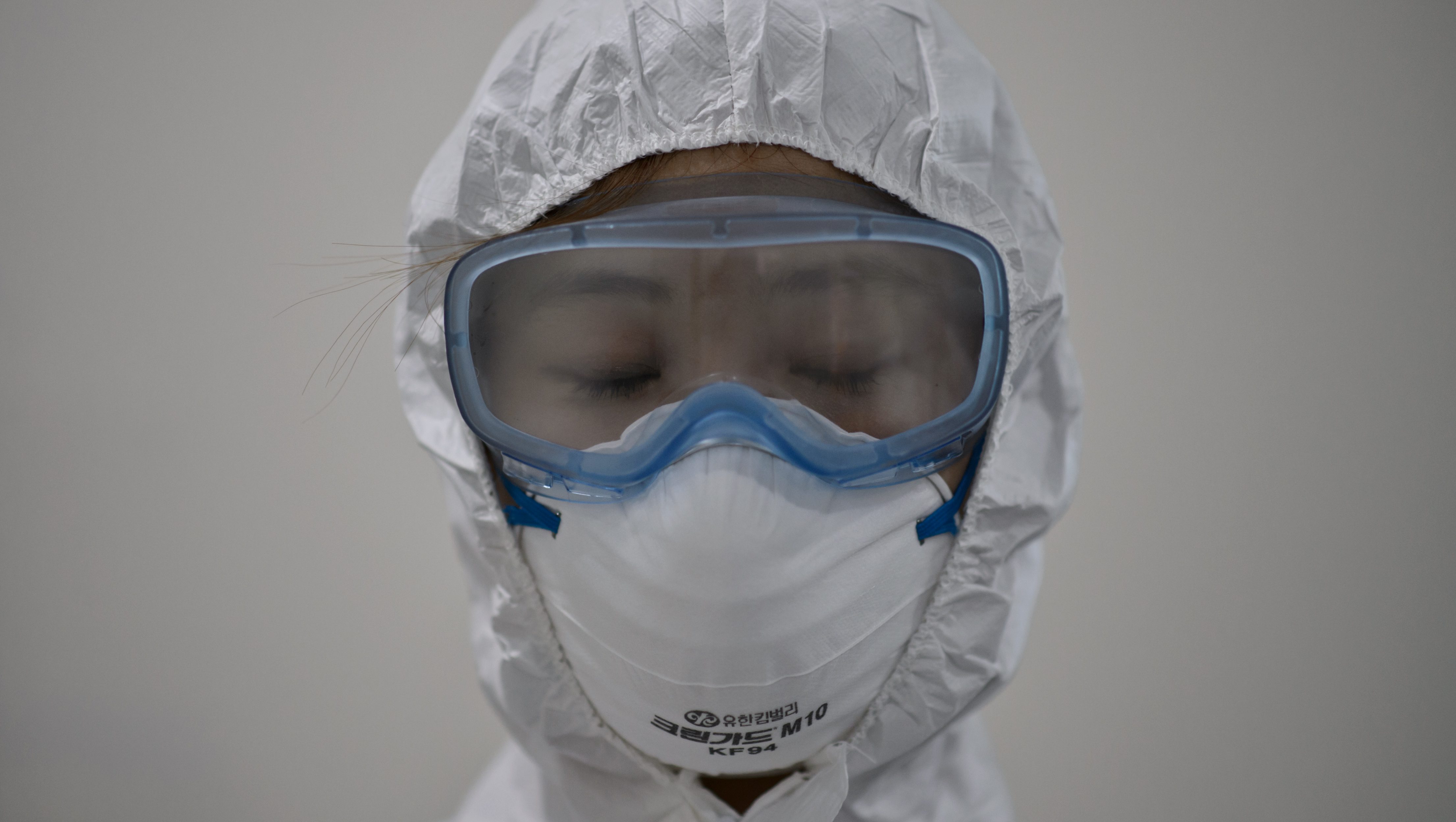
Getty ImagesNorovirus
Sadly, Norovirus has indeed prevented many athletes from competing in various events. “The virus broke out ahead of Friday’s opening ceremony in Pyeongchang and led to some 1,200 security staff being quarantined. Organizers have had to call in military personnel to replace them.
An outbreak at last year’s World Athletics Championship in London forced competitors from several countries to miss events, as Reuters explainss.
“Su Mun-gyo, a KCDC public relations official, told Reuters the International Olympic Committee (IOC) were discussing the issue.
‘The IOC is meeting right now about the Winter Olympics and countermeasures to the norovirus is one of the topic,’ Su said. ‘We will then announce the results of the discussions and update the number of cases again.’ Health agencies are undertaking hygiene inspections at accommodation and restaurants, as well as making checks on drinking and tap water.”
Has There Ever Been a Viral Outbreak Like This Before That Affected The Olympic Games?
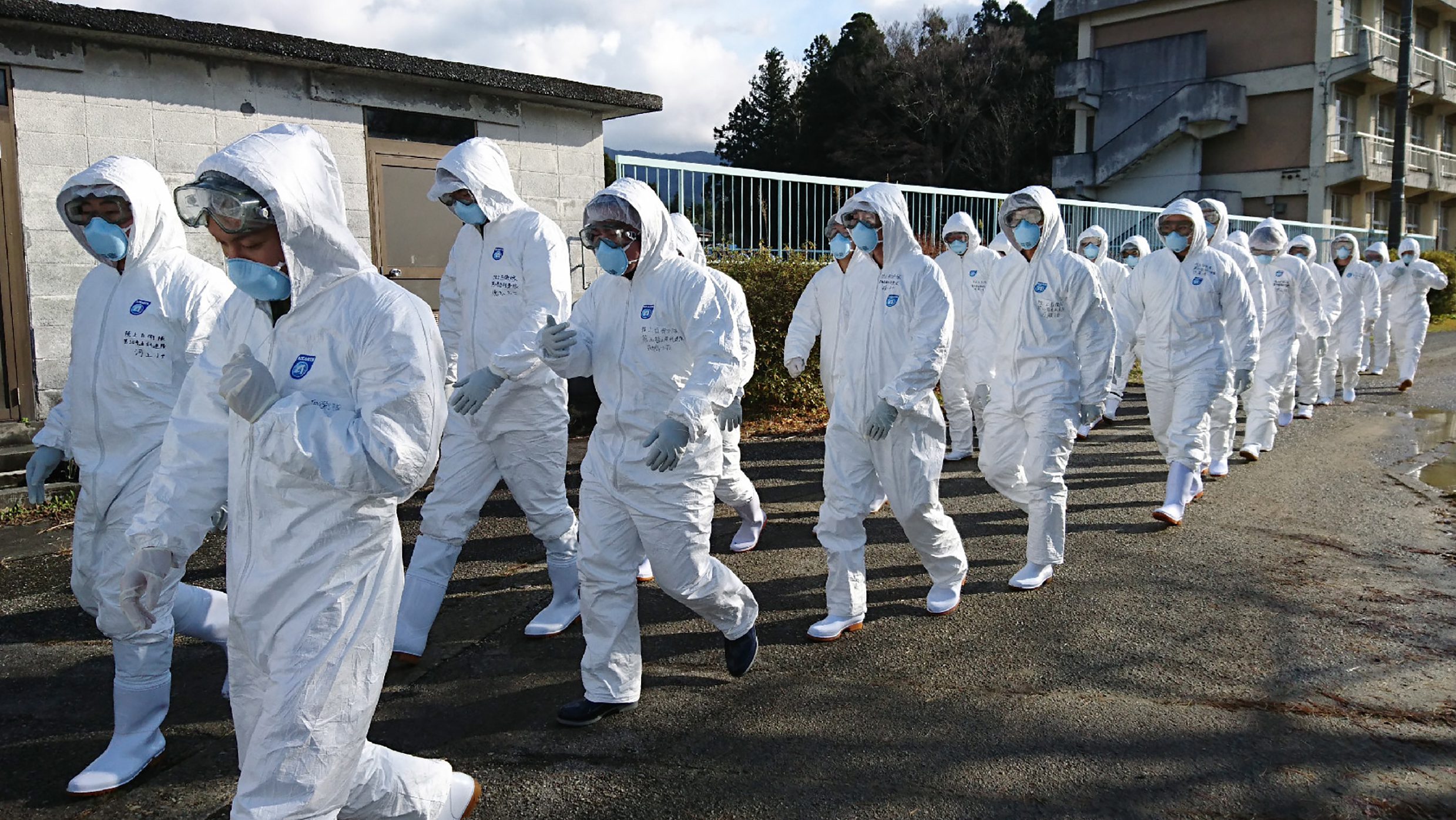
Getty ImagesNorovirus
Yes, unfortunately, athletes have been faced with medical disqualification due to Norovirus in past years’ games. Notably, there was an intense outbreak of Norovirus during the London games. For example, Botswana’s Isaac Makwala was turned away from the stadium’s warm-up track by security guards after medical disqualification due to the virus.
That said, the London outbreak was statistically much less severe than what we have seen so far in Pyeongchang.
“At least 30 athletes and team members at the world athletics championships in London have been infected in a suspected outbreak of norovirus, public health officials have said. Several competitors were forced to withdraw from events in the first half of the tournament after suffering symptoms including vomiting. Nine people were still affected by Tuesday afternoon, the organising committee said. The diagnosis comes after athletes and support staff from the Botswanan, German, Canadian, Irish and Puerto Rican teams staying at the Tower hotel, near Tower Bridge, were taken ill over several days. Some, according to reports, have been put into quarantine,” explains The Guardian.
What To Do If You Start Developing The Symptoms of Norovirus

Getty ImagesNorovirus
First, what is the complete list of Norovirus symptoms? The CDC lists the Norovirus’ symptoms as follows:
“Norovirus causes inflammation of the stomach or intestines or both. This is called acute gastroenteritis.
The most common symptoms—
diarrhea
throwing up
nausea
stomach pain
Other symptoms—fever
headache
body aches
A person usually develops symptoms 12 to 48 hours after being exposed to norovirus. Most people with norovirus illness get better within 1 to 3 days.If you have norovirus illness, you can feel extremely ill and throw up or have diarrhea many times a day. This can lead to dehydration, especially in young children, older adults, and people with other illnesses.
Symptoms of dehydration—
decrease in urination
dry mouth and throat
feeling dizzy when standing up
Children who are dehydrated may cry with few or no tears and be unusually sleepy or fussy.”
So, what are the appropriate steps to take if you or a loved one has come down with Norovirus? Under normal circumstances, the (extremely unpleasant) symptoms of Norovirus pass within a few days. It is of the utmost importance to stay hydrated, get lots of rest, try to keep contact with others at a minimum to avoid spreading the virus, and take over the counter pain relievers and fever reducers to ease your pain. However, if your symptoms persist, it is urged that you seek medical advice.
The NHS suggests that you seek medical advice under the following conditions:
“Get medical advice if:
your baby or child has passed 6 or more watery stools in the past 24 hours, or has vomited 3 times or more in the past 24 hours
your baby or child is less responsive, feverish, or has pale or mottled skin
you or your child has symptoms of severe dehydration, such as persistent dizziness, only passing small amounts of urine or no urine at all, or reduced consciousness – babies and elderly people have a greater risk of becoming dehydrated
you have bloody diarrhoea
your symptoms haven’t started to improve after a few days
you or your child have a serious underlying condition, such as kidney disease, and have diarrhoea and vomiting
Your GP may suggest sending off a sample of your stool to a laboratory to confirm whether you have norovirus or another infection.”
All in all, it appears that the best advice you can follow is to avoid contact with anyone who may be infected with the virus, frequently wash your hands, and to make sure you are drinking water from a clean source. Should you come down with the virus, remember to stay hydrated, and hopefully, within a few days, your symptoms will pass; especially if you are an Olympian.
